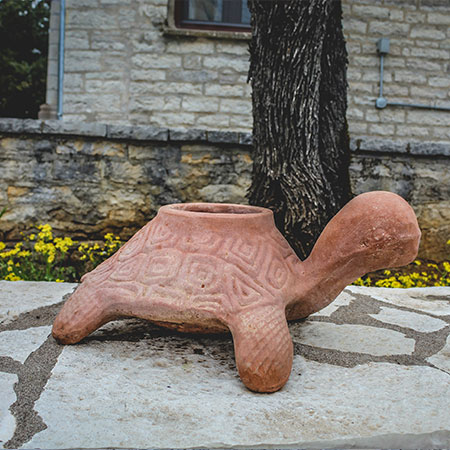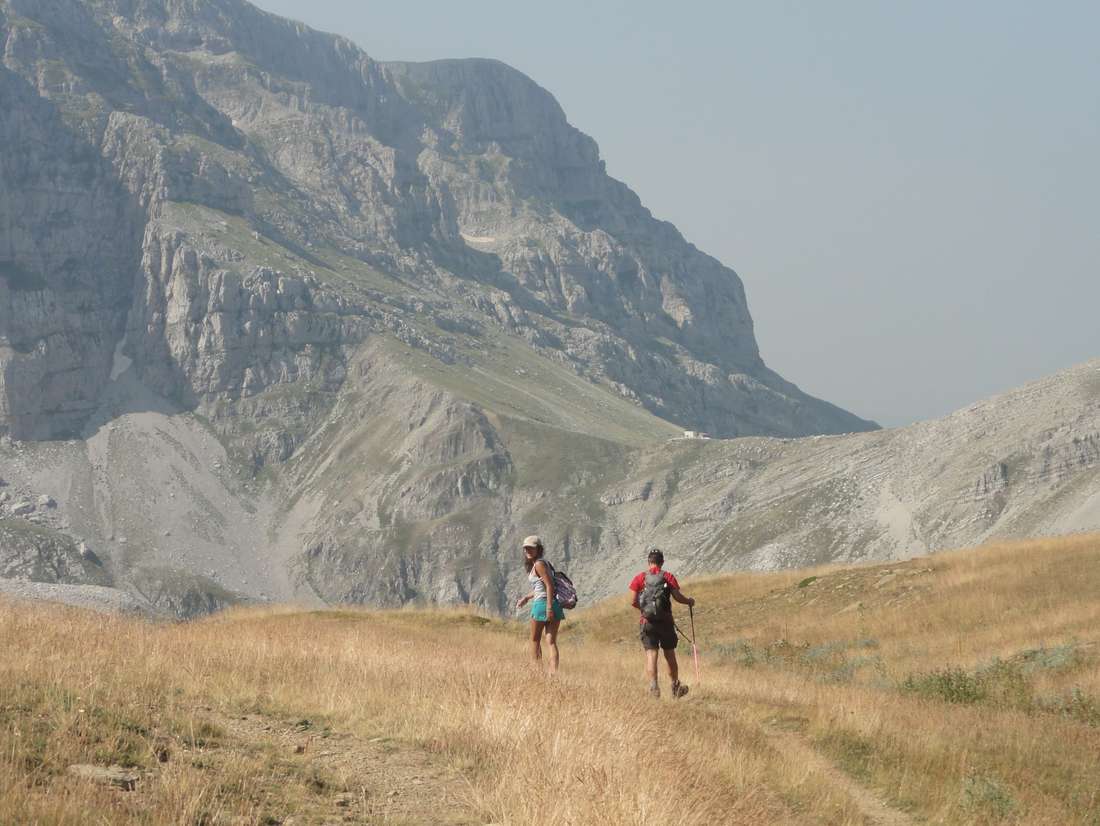All the words for summer seem beautiful, but the most beautiful to me is the Greek word kalokairi. Not just beautiful but profound:
kalokairi comes from two Greek words meaning fine or beautiful (kalos) and time or moment (kairos). Now "fine time" might not seem an especially insightful formulation for summer, but you need to remember that kairos is not just any old time. Kairos is the proper time, the unique, unrepeatable, propitious moment, as opposed to chronos, that other, deadly kind of time which grinds on relentlessly, linear, unstoppable, consuming all things. Being Greek words, they are also gods: Kairos a kind of trickster, and Chronos a wise old greybeard.
The word kalokairi beautifully and profoundly reminds us of the paradox of time, especially in relation to summer. We know, especially as we get older, especially if we live in latitudes higher or lower than, say, the 45th parallel, that summer does not last long (or in Shakespeare's image: "Summer's lease hath all too short a date"). But at the same time, summer can seem, especially to children, endless. Can anyone forget how they felt as a child of 10 at the start of the summer holidays: golden, lazy, full-leafed days stretching on for eight or 10 weeks, which to a child is an eternity?
Summer is short, chronologically speaking. But summer also opens up the possibility of kairological time, a time consisting of moments of eternity, which magically redeem time. Those lazy picnics in a meadow, in half-shade, close to a river or a lake; or the more challenging seaside ones, with sandcastles (and sand in the sandwiches) and beach cricket where the outgoing tide has left the sand firm. The late swim, at evening, with the rock-fortress of Monemvasia casting its shadow far out into the Aegean; the even later one, at midnight, with phosphorescence, and no clothes, and cod quotations, and laughter.
Those swims happened 25 years ago, the picnics 35 years ago, but in another sense they happened yesterday. Their kairological rightness effortlessly put to flight all those deadly intervening stretches of mechanical routine, boredom and anxiety, "the waste sad time/ Stretching before and after," as Eliot described it at the conclusion of Burnt Norton, the first of the Four Quartets. The whole of the Four Quartets can be seen as an attempt to integrate chronology and kairology: to hold the redemptive moment when children's excited laughter is heard in the shrubbery within the longer perspective of history.
The wished-for transition from chronology to kairology might happen at any time; it happens to the narrator of A la Recherche du Temps Perdu when he is eating a madeleine cake, and kairological time suddenly opens up its richness, beginning with memories of childhood in Combray, which will take seven volumes to encompass. All the same, it seems more likely to happen in summer.
There are, I think, physical reasons for this. Summer warmth relaxes our muscles, and somehow also the muscles of our mind. Less guarded and constricted by what Wilhelm Reich called "character armour", the muscular defence mechanisms which we think keep us safe but in fact slowly throttle us, we are more open to the infinite otherness of the world; we can breathe; we are inspired. Heat sends a subversive message: forget clock time, cancel the equation between minutes and money, just sit back and soak it up, like a lizard, or jump in, like an enthusiastic dog.
Summer holidays return us for a while to our animal nature, whether we are glitzing it on the Costa Smeralda or renting a beach-hut on Southwold's staid Edwardian shore. We bring our bodies in contact with the earth and the sea, not to mention the sun cream. For animals, of course, there is no chronology, or no understood chronology: nothing more pitiful than the sight of a dog trudging in the wake of a clock-time- obsessed master, not allowed to sniff that tempting tree or lamp-post for fear of putting out the schedule that the dog will never comprehend.
The problem with summer holidays, and summer generally, is that they have become a sort of programmed kairos: they involve an expectation that everything will be right, the sun will shine, the company will gel. The result is all too often a very unkairological gridlock. It also explains the bitter disappointment some of us feel when summer fails to materialise. But the essence of kairological time is that it cannot be programmed; those moments of rightness come from nowhere.
Summer and summer holidays have a value in reminding us of the importance of "stopping the clock", detaching ourselves from the drudgery of chronological time. But the "fine moment" crystallised in the Greek word for summer can strike at other seasons, or at no known season. The "midwinter spring" Eliot experiences at Little Gidding is more of a spiritual than physical phenomenon. "Where is the summer, the unimaginable/ Zero summer?" the poet asks, as if the essence of summer is to be not just unprogrammed, but beyond thought.
Harry Eyres
Copyright The Financial Times Limited 2008
 6°C
6°C

